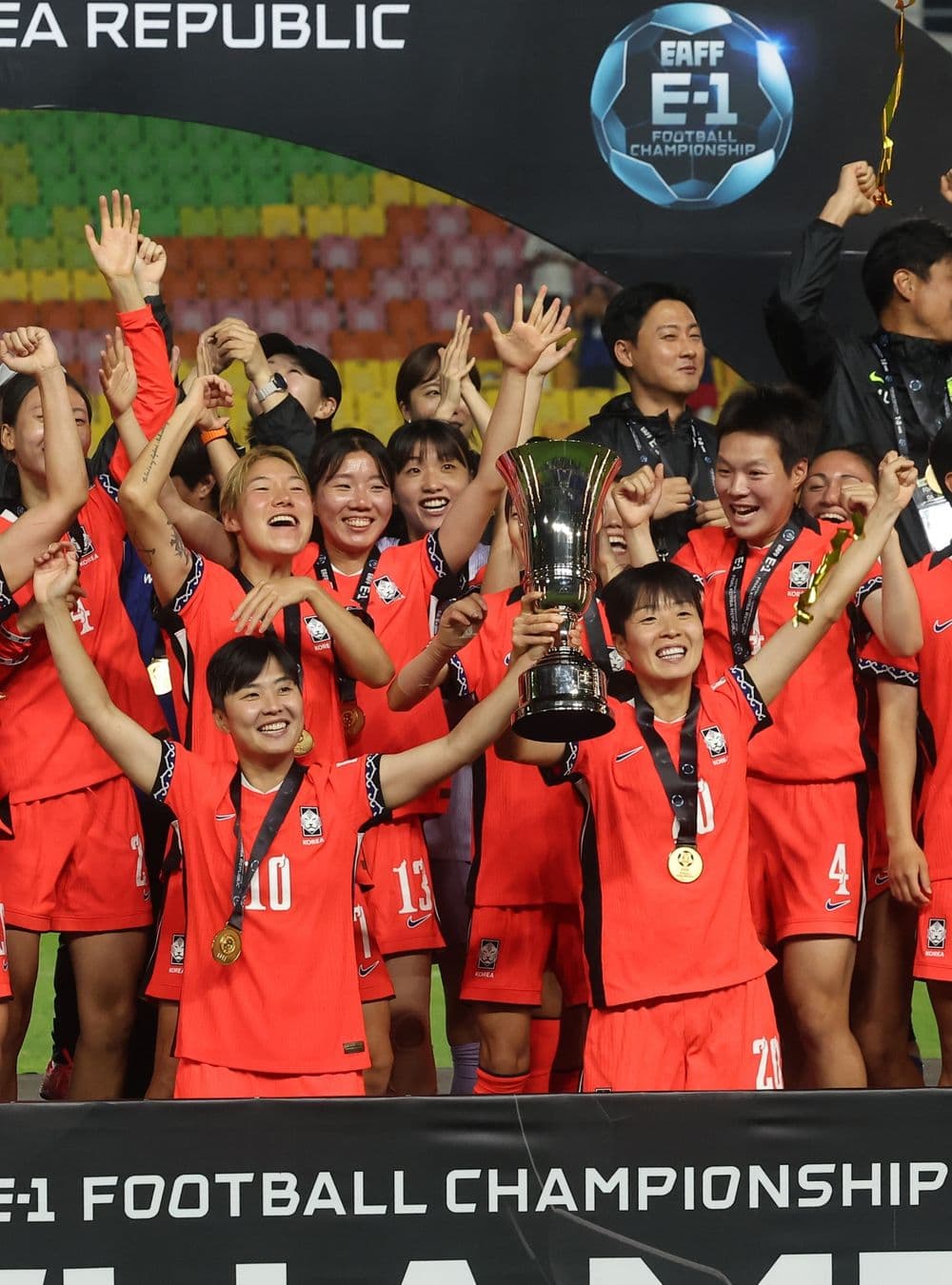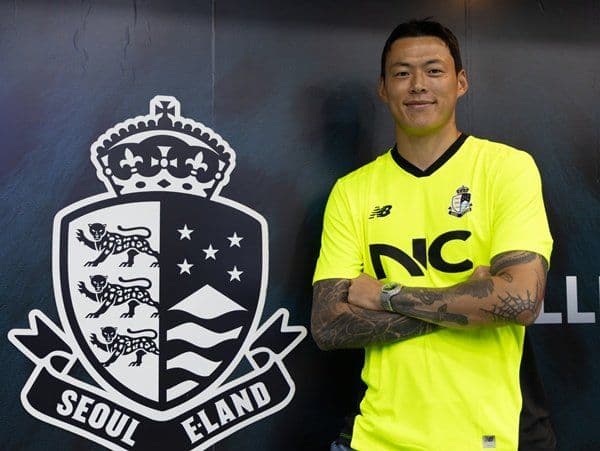How Did Korea's Women's Football Team Break Their 20-Year Championship Drought?

The Miracle in Suwon: A Championship Nobody Expected
On July 16, 2025, something extraordinary happened at Suwon World Cup Stadium. Korea's women's football team defeated Taiwan 2-0 in their final match of the EAFF East Asian Cup, securing their first championship in two decades. But here's the twist: until the morning of that day, nobody believed Korea could win. Japan and China, both ranked significantly higher in FIFA rankings, were the overwhelming favorites. Yet when Japan and China drew 0-0 in their match earlier that day, the door opened for Korea. All they needed was a victory against Taiwan, and they seized the opportunity with both hands.
The championship was decided by the narrowest of margins. Korea, Japan, and China all finished with identical records of one win and two draws, earning 5 points each. When teams are tied on points in the East Asian Cup, the tiebreaker goes to head-to-head results, then goal difference, and finally total goals scored. Since all three teams drew against each other, it came down to total goals: Korea scored 3, China 2, and Japan just 1. This single-goal difference crowned Korea as champions after 20 years of waiting.
Coach Shin Sang-woo's Gamble: Rebuilding a Team in 9 Months

When Shin Sang-woo was appointed as head coach in October 2024, he inherited a team in transition. The Korean Football Association decided to start fresh after the tenure of Colin Bell, and Shin was given a massive challenge: rebuild the team while maintaining competitiveness. Did anyone expect him to win a championship within 9 months? Absolutely not.
Shin's approach was methodical yet bold. He scheduled friendly matches against world-class opponents like Japan, Spain, and Canada, accepting heavy defeats to understand the gap between Korea and the world's elite. These losses were painful: 0-4 against Japan, 0-5 against Spain, and 1-5 against Canada. But they served a purpose. The team then participated in the Pink Ladies Cup in the UAE in February 2025, where they dominated teams closer to their level, winning all three matches and claiming the tournament title. This built confidence before the East Asian Cup.
Before the tournament began, Shin boldly declared that winning was the goal, despite Korea being ranked 21st in FIFA rankings compared to Japan's 7th and China's 17th. He noted that playing at home in hot weather conditions could be a variable that favors Korea. His confidence proved prophetic.
Veterans and Youth: The Perfect Blend of Experience and Energy
The Korean squad faced significant challenges heading into the tournament. Team captain Lee Young-ju and striker Choi Yu-ri were ruled out due to injuries before the tournament started, and forward Jeon Yu-kyung was forced to leave after sustaining an injury in the opening match against China. With key players missing, Shin turned to his young guns, and they delivered spectacularly.
The tournament's most dramatic moment came in the second match against Japan. Korea was trailing 0-1 until the 86th minute when 20-year-old Jung Da-bin, a substitute who had entered just 15 minutes earlier, scored a stunning equalizer. The goal sent the veterans into a frenzy: Jang Seul-gi embraced Jung while sprinting across the field, and Ji So-yun playfully hit Jung's head repeatedly in celebration. This wasn't just a goal; it was a passing of the torch from one generation to the next.
The final against Taiwan showcased the veterans' class. Ji So-yun, Korea's all-time greatest player with 166 caps and 77 goals, converted a penalty kick in the 70th minute for the opening goal. Fifteen minutes later, captain Jang Seul-gi added the insurance goal with a brilliant left-footed strike. At 34 years old, Ji So-yun finally won her first official tournament with the national team. When asked about the victory, she said: I've been waiting for this moment for so long. It proves that all those years weren't in vain.
What This Victory Means for Korean Football Culture
The championship resonated deeply within Korean football culture. Online communities like Naver, DC Inside, and Fmkorea erupted with celebration, particularly noting how the women's team achieved what the men's team couldn't. Just one day before the women's final, Korea's men's team had lost to Japan 0-1 in their East Asian Cup final, finishing as runners-up. The contrast was stark and sweet.
Korean fans praised the team's fighting spirit, especially the dramatic comebacks. Against China in the opening match, Korea scored equalizers in the 91st minute through Jang Seul-gi and the 94th minute through Ji So-yun to secure a 2-2 draw when defeat seemed certain. Against Japan, Jung Da-bin's 86th-minute equalizer kept championship hopes alive. These moments of resilience captured hearts across the nation.
Looking ahead, this championship provides crucial momentum for Korea's women's football. The team will compete in the 2026 AFC Women's Asian Cup in Australia in March, where they'll face the continent's best. With renewed confidence and a blend of experienced veterans and hungry young players, Korea is positioning itself as a legitimate force in Asian women's football. The 20-year wait is over, and a new era has begun.
Discover More

Seoul E-Land's Game-Changer: Why National Team Goalkeeper Gu Sung-yun Could Be the Key to K League 1 Promotion
Seoul E-Land FC has signed former South Korean national team goalkeeper Gu Sung-yun from J.League, bringing impressive credentials including 167 games at Consadole Sapporo and K League 2 Best Goalkeeper honors. His arrival has immediately stabilized the defense with three consecutive clean sheets.

Cookie Run Goes Pro: DevSisters Partners with SOOP to Transform Mobile Gaming into Esports Phenomenon
DevSisters teams up with SOOP to revolutionize Cookie Run's esports potential, announcing World Championship 2025 and new title Cookie Run: Oven Smash, targeting global casual esports expansion.